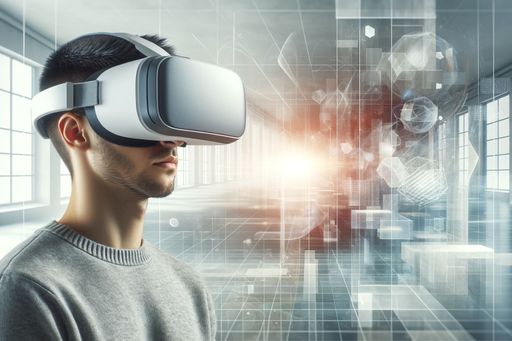Quest Pro's Face Tracking Now Includes Tongue Tracking
The latest update to Quest Pro's face tracking feature now includes tongue tracking, allowing for more expressive interactions in virtual reality.

Improved Face Tracking with Tongue Tracking
The original face tracking feature of Quest Pro lacked the ability to track tongue movements, which resulted in a limited range of facial expressions and broke the immersion when using virtual mirrors.
However, with the release of version 60 of Meta's SDKs for Unity and native code, a new update to the face tracking OpenXR extension now allows Quest Pro to track the position of the user's tongue.
While the Meta Avatars SDK has yet to support this update, third-party avatar solutions can integrate the tongue tracking feature by updating their SDK version to 60.
ALVR Developer Implements Tongue Tracking in VRChat
One developer, korejan, has already updated their VRFCT (VRCFaceTracking) module for ALXR, an open-source alternative for PC VR streaming, to support tongue tracking in VRChat.
ALVR, Virtual Desktop, and Steam Link currently support Quest Pro's previous face tracking, but they will need to be updated with the v60 SDK to include tongue tracking.
While standalone apps may not widely adopt tongue tracking, as Quest Pro's face tracking feature has seen limited third-party usage on the Quest Store, Meta's Horizon suite fully supports it.
However, popular platforms like VRChat, Rec Room, and Bigscreen have yet to integrate either face or eye tracking into their standalone apps.
Quest Pro's Mixed Reception and Ongoing Software Support
Quest Pro reportedly faced poor sales and received mixed reviews, prompting Meta to cut its price from $1500 to $1000 just four months after launch.
Despite this, Meta continues to provide software support for Quest Pro, including recent updates such as a mixed reality performance boost and the introduction of tongue tracking.
While the adoption of Quest Pro's features among third-party developers remains limited, the ongoing software updates highlight Meta's commitment to improving the product.
By enhancing the tracking capabilities, Meta aims to offer users a more immersive and expressive virtual reality experience.


